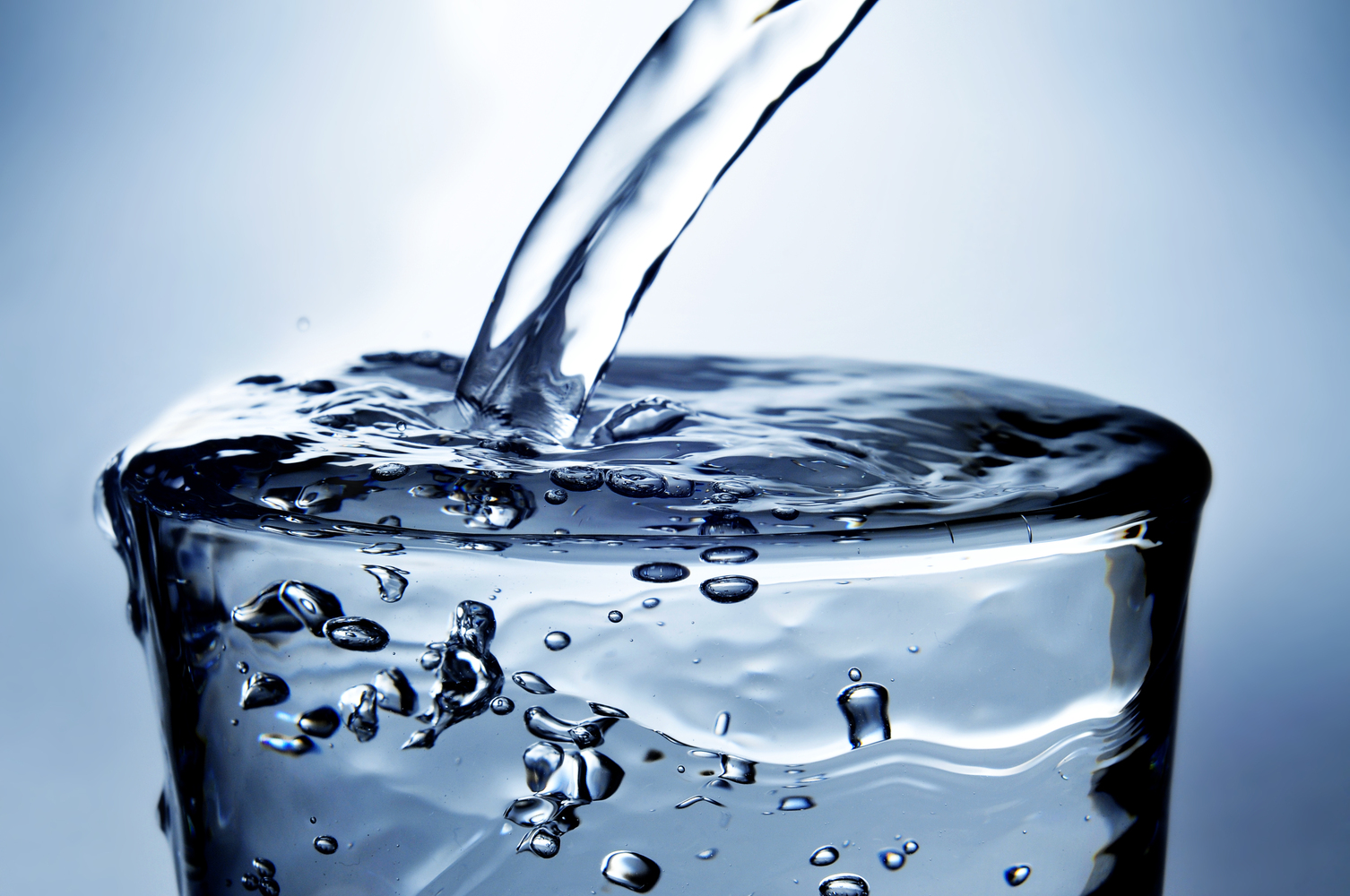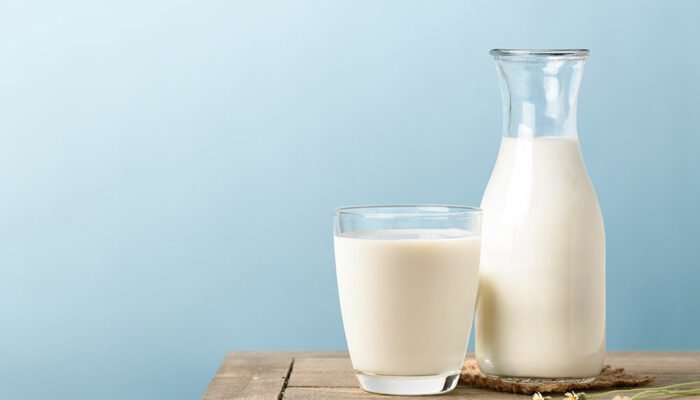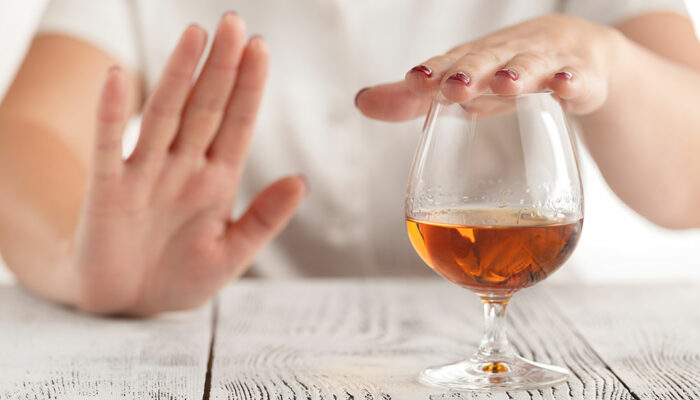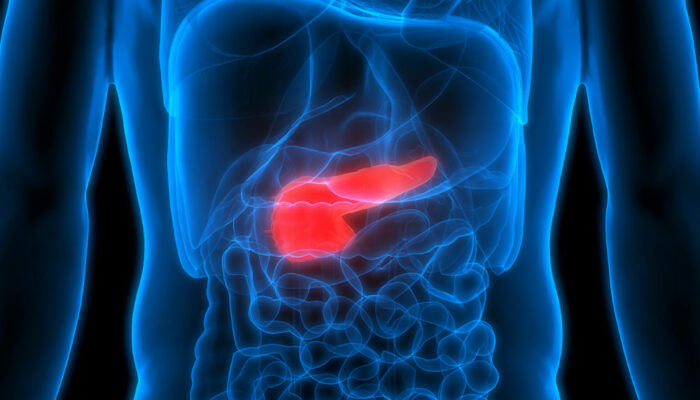
The Truth About Water
Water is essential to life. Healthy humans require water to maintain a normal temperature, lubricate joints, protect sensitive organs and tissues, and eliminate wastes through urination and perspiration. Yet, most of us don’t drink enough water each day. To get in the habit, experts recommend drinking filtered water, flavored sparkling water, and carrying the best water bottles constructed of BPA-free plastic and stainless steel. Staying hydrated with adequate water is essential for those with chronic health issues. Water for diabetics and those with kidney disease ensures excess sugar and toxins are flushed from the body. Here are some healthy truths about drinking still and sparkling water:
1. You can be dehydrated and not thirsty
When we are dehydrated, our bodies need to release water, and a person can become thirsty even if they aren’t drinking. It is because the brain can sense when the body is low on water and begins sending out messages about thirst. However, certain drinks, including still or sparkling water, tea, and coffee, can stimulate thirst and lead to dehydration, preventing you from following your usual healthy eating habits. A drink flavored with sugar or artificial sweeteners is not recommended, as it will encourage you to drink more than you should. Be careful that beverages such as fruit juices do not contain calories and sugar high in processed carbohydrates that add up to extra pounds.
2. You can drink too much water
The average person should drink about half their body weight in ounces daily. Yet, it is possible to drink too much water as well. When you consume too much fluid, the kidneys can’t get rid of the excess water and the sodium content of your blood becomes diluted. This is known as hyponatremia and it can be life-threatening. You also need to ensure you’re not consuming too many calories from processed beverages, including sodas, flavored drinks, energy drinks, and fruit juices, as they are high in sugar and calories. It will increase your risk of gaining weight quickly and unwanted fat, which can be a health hazard.
3. Sports drinks are not better than water
Sports drinks should be consumed sparingly. Drink them only when your body is stimulated by heavy work or exercise. Studies show that water is a healthier choice, particularly for individuals not performing intense exercising or heavy work on a hot, humid day. The added sugars and calories in sports drinks are associated with a higher risk of weight gain and metabolic conditions such as type 2 diabetes.
4. Everyone should drink 8 glasses of water each day
Everyone can drink different amounts of water daily depending on weight, activity level, food intake, and medications. The recommended amount of water a person should drink daily used to be eight glasses. However, that amount was based on the average 165 pound individual and did not consider an individual’s weight, which varies greatly. Hence, people who are heavier or smaller require less or more water per day, depending on their body weight.
5. Drinking liquid is not the only way to stay hydrated
You can also consume water from foods such as vegetables and fruits. Fruit is a significant water source, such as watermelon, kiwi, grapes, melon, and berries. Watery vegetables also have high amounts of water that you can get from them, and fruits such as cucumber, cabbage, cauliflower, and lettuce.



